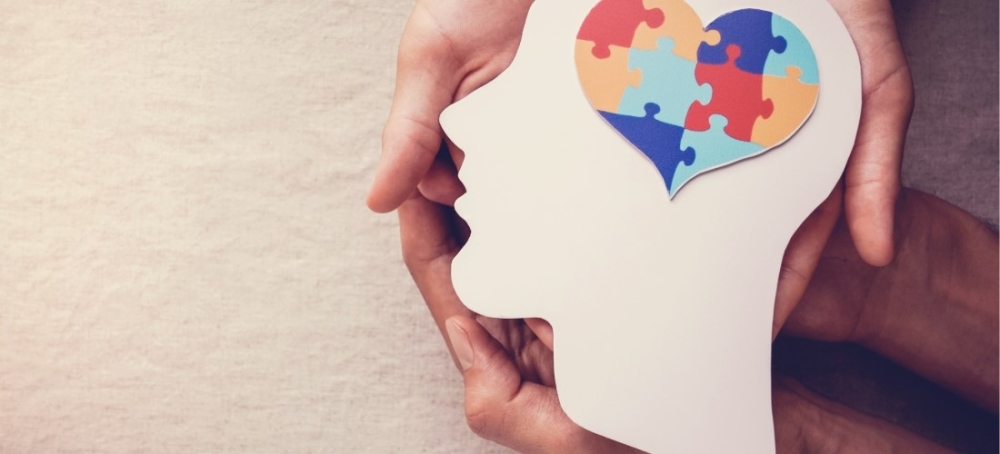

Imagine waking up every morning to a barrage of headlines about wars, economic collapse and environmental ruin, all live-streamed to your pocket. This isn’t another Netflix movie; it’s 2025. While our ancestors faced crises in isolation, we’re drowning in a 24/7 feed of global threats: A US-China trade war destabilising economies, a devastating genocide in Gaza and Yemen described by many as a modern-day holocaust and escalating US-Iran tensions narrowly averted by mediators like the Sultanate of Oman.
The toll? A mental health epidemic hiding in plain sight. Our ancestors feared 'surviving' crises, we’re crumbling under the weight of 'watching' them.
We are the first generation to witness global catastrophes in real time, not as distant headlines but as visceral, algorithm-fuelled content.
The psychological cost is staggering. A 2023 American Psychological Association study found that 78 per cent of adults now cite news consumption as a 'significant stressor', while Unicef warns that 1 in 5 young people globally show symptoms of anxiety or depression linked to 'doomscrolling'. Worse, research in 'Nature Human Behaviour' reveals that constant exposure to suffering triggers 'compassion collapse' - numbness to human pain.
Yet mental healthcare remains frozen in time. Traditional therapy can’t scale to meet demand, stigma silences millions, and Western-centric models fail diverse cultures. In low-income countries, 75 per cent of people lack access to care (WHO). Refugees in Jordan, for example, often reject clinical therapy, seeking community-based healing instead. Our systems are Band-Aids on bullet wounds.
Mental health innovation, like health-tech, has lagged far behind the pace of crises. Apps like Nafas, Calm or crisis hotlines offer temporary relief but ignore systemic roots: collective trauma, economic despair, and the isolation of digital life.
Meanwhile, social media algorithms profit from our despair, pushing polarising content that deepens divides. We’re stuck in a loop - treating symptoms while the world burns.

To survive this age, we need mental health solutions as dynamic as the threats we face. Here’s what a revolution looks like:
1. AI that heals, Not hurts
Imagine AI platforms trained to crowdsource resilience strategies from trauma survivors worldwide. Rwanda’s 'Ubuntu AI' pilot does exactly this, generating culturally tailored coping tools for refugees. Instead of algorithms that feed rage, we need ones that foster collective healing.
2. Teletherapy for the masses
When Türkiye-Syria’s 2023 earthquake struck, free teletherapy apps saw a 300-per cent surge in users. This proves scalable digital care works, but only if made affordable and multilingual.
3. Decolonising mental health
South Africa’s 'Healing Through Heritage' programme slashed PTSD rates by 40 per cent by blending traditional rituals with clinical therapy. Solutions must respect cultural roots, not impose foreign frameworks.
4. Policy as prevention
New Zealand’s 2019 'Wellbeing Budget' ties mental health funding to real-time crisis data. Governments must treat mental health like infrastructure - critical, urgent and lifesaving.
The chaos won’t stop, but we can rewire how we respond. This isn’t about 'self-care' - it’s about societal care. Tech giants must redesign algorithms to prioritise hope over harm. Schools and workplaces need 'mental health first aid' training to spot crises early. Communities must revive ancestral wisdom, like Oman’s mediation ethos, which bridges divides through dialogue.
We’re at a crossroads: perpetuate a broken system or build one that turns collective trauma into collective strength. The next crisis is already trending. Will we be ready?
Oman Observer is now on the WhatsApp channel. Click here


